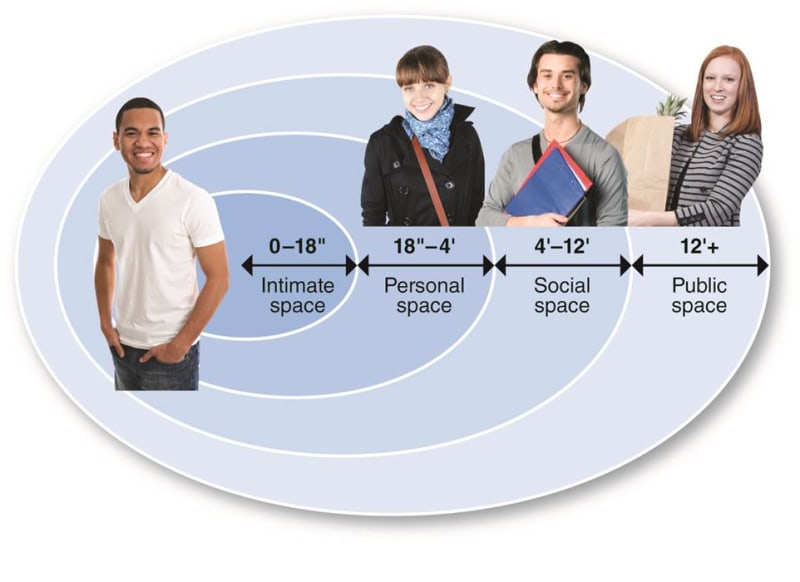
Speak at a normal volume. If you start shouting, many words become difficult to understand. Moreover, shouting causes distortion and discomfort to the person listening to you. Do not slow down your speech. Try to speak in a measured way, as it'll improve intelligibility, but slowing down will lead to a loss of the natural rhythm of your speech.

When communicating, make meaningful pauses between key phrases. They'll greatly facilitate the listener's task and provide time to comprehend what has been said. Do not make the pauses too long so as not to break the fluidity of the speech. If you need to repeat a sentence, try to use other words that are easier to understand. If a hard of hearing comes up to you during a conversation, explain its subject.

Distance plays an important role when communicating with a hard of hearing. Although many people are unaware of this. Reduce the distance between you and the person you are talking to. A distance of 1 to 2 meters is the best solution. Also, position yourself so that the person can see your face and lips. During a conversation, look directly at the person you are talking to.

Get the listener's attention before you start talking. Turn to face the person you are talking to and get their attention with a gesture or speech. When you are talking to a hard-of-hearing, stand up so that they can clearly see your lips. This is especially true when talking in a noisy situation!

Ambient noise can negatively affect your conversation. After all, it affects the quality of sound perception for hard of hearing. Therefore, try to consider this important factor when communicating. Reduce ambient noise as much as possible before you start talking. Turn off the air conditioner or radio. Speak directly into the interlocutor's ear in noisy places, but don't speak too loudly. Have you decided to meet in a cafe or restaurant? Don't sit near an open window. If you are in a noisy room, choose a place in a quiet corner instead of the noisy center.

 1 - Speak clearly and naturally
1 - Speak clearly and naturally 2 - Take pauses
2 - Take pauses 3 - Stand closer
3 - Stand closer 4 - Get the attention
4 - Get the attention 5 - Consider the noise level when communicating
5 - Consider the noise level when communicating